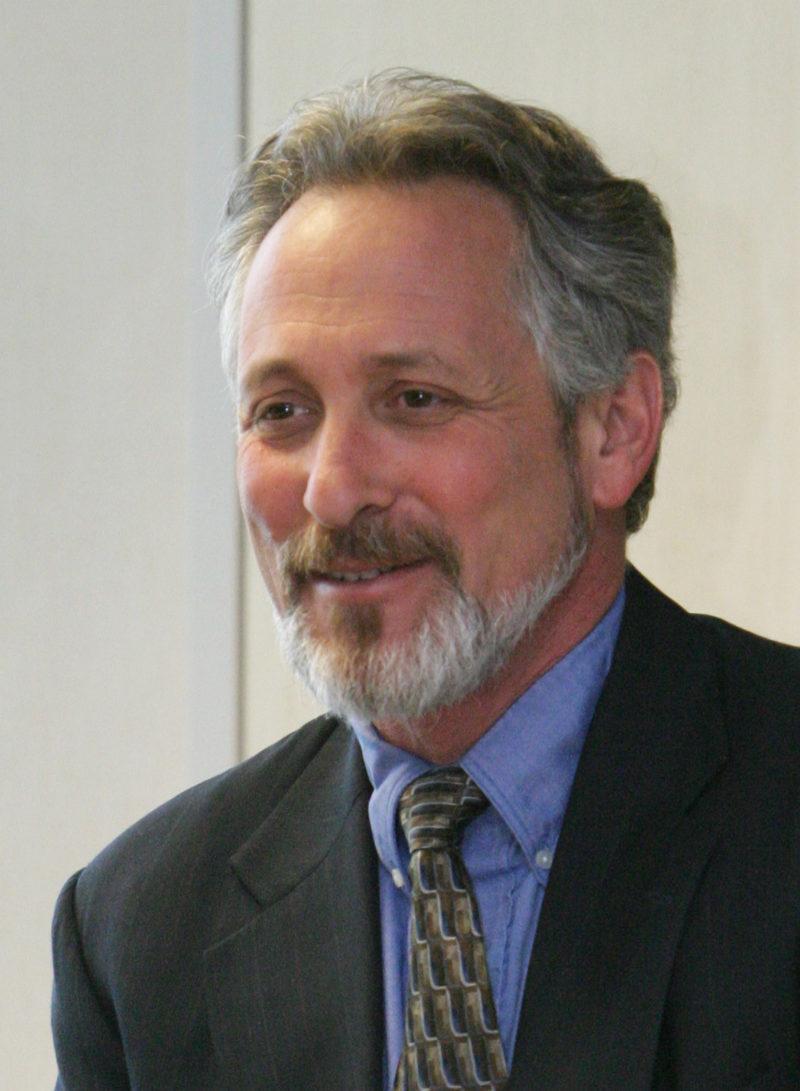In the wake of certain shifts in the business department, some students have been concerned that the administration is neglecting or cutting the budget of the school, and the ramifications that could occur as a result. Some fear that new projects in the department, like the business analytics and technology major, would be stunted in their development.
The nationally ranked business school has lost a slew of professors in recent years, including the former dean Paige Fields and professor Mike Wilkins, who left the university last May, as well as other professors before them. As a result, students like senior business major Vikram Patel expressed worry that unique projects within the school would become one-dimensional.
“The entrepreneurship program here at Trinity is very special to me as well,” Patel said. “If there is not a formal business school, it could hurt the prospects who are attracted to the entrepreneurship program here.”
Danny Anderson, president of the university, responded to such rumors by saying that there’s simply no truth to the idea. He explained that former dean Fields and professor Wilkins moved to a different university in response to better offers, not because of budget cuts; another professor who left had simply fallen ill; other faculty were only on temporary appointments, which, he reminded students, is the nature of academia.
Anderson went on to unequivocally put to rest any notions that the business school is in any danger, saying that the program is proceeding normally, especially in light of the accreditation audit.
“The department is not having funding trouble. I don’t know how rumors like this start,” Anderson said.
With the Association to Advance Collegiate Schools of Business (AACSB) accreditation audit approaching, Anderson appointed Robert Scherer as interim Dean. Anderson explained that the audit happens every five years and is routine. The engineering science program is likewise undergoing a similar audit, and the entire university will be audited in the spring. In addition, Anderson expressed confidence in the interim dean Robert Scherer, who himself has worked for the AACSB training new deans for years.
“I’ve got a lot of white hair; I’ve been doing this a while,” Scherer said.
Scherer routinely prepares new deans to handle their responsibilities, in the past working at conferences, workshops and seminars for the AACSB. Scherer voiced an attitude of positive determination for the university, saying that Trinity’s budgetary practices work for anything that helps Trinity become more excellent.
Scherer said that they’re paving the way for James Brodzinski, a professor at Valparaiso University in Indiana, to do a preparation visit prior to the Continuous Improvement Review (CIR), the official term for the audit, and additionally cited previous well-funded and successful projects in the business department as evidence of its uninterrupted robustness, like the research project in Japan.
Anderson, Scherer and others involved in the accreditation audit assure that the school is not going anywhere and that reports of a lack of funding are just rumors.







